The final episode of "The Sopranos" made a lot of people angry because it ends with mob boss Tony Soprano and his family eating at an ice cream parlor while "Don't Stop Believin'" by Journey plays in the background … and then, suddenly, the screen turns black.
Some thought the ending was a dirty trick, while others saw it as a stroke of brilliance. A popular theory is that Tony gets shot, but doesn't know it because, as his brother-in-law Bobby Baccala said, "You probably don't even hear it when it happens, right?"
So the show gives us all an idea of what it's like to die. We're here and then we're not.

Well, according to recent research, the science behind the ending of "The Sopranos" may be wrong. Some of us may know we're dead for a few moments after the fact.
RELATED: Bizarre tent-raft looks like a total death trap: 'Why live when you can die?'
Medical professionals officially proclaim someone dead at the moment their heart stops or what doctors call cardiac arrest. "Technically, that's how you get the time of death – it's all based on the moment when the heart stops," Dr Sam Parnia, a resuscitation researcher at Stony Brook University School, told Life Science.
"Once that happens, blood no longer circulates to the brain, which means brain function halts almost instantaneously," Parnis continued. "You lose all your brain stem reflexes – your gag reflex, your pupil reflex, all that is gone."
However, Parnia says that after cardiac arrest the cerebral cortex, is likely to be active for two to 20 seconds after we've died. This part of the brain interprets sensory information so we may actually hear an ER doctor say, "The patient is dead." Which would be a pretty creepy experience.
These few extra moments of post-life may also allow us to feel death as it creeps through our bodies.
Cardiac arrest kicks off a series of cellular processes that kill off our brain cells, but this can go on for hours after the heart as stopped.
If emergency responders begin performing CPR, that can get enough blood flowing to keep the cerebral cortex active for even longer.
"If you manage to restart the heart, which is what CPR attempts to do, you'll gradually start to get the brain functioning again," Parnia said. "The longer you're doing CPR, those brain cell death pathways are still happening — they're just happening at a slightly slower rate."
So it seems that in the last few moments of our lives we get the satisfaction of thinking, "Oh gee, I'm dead," and the next thought is probably, "What's next?"
As Journey would say, "Don't stop believin''."















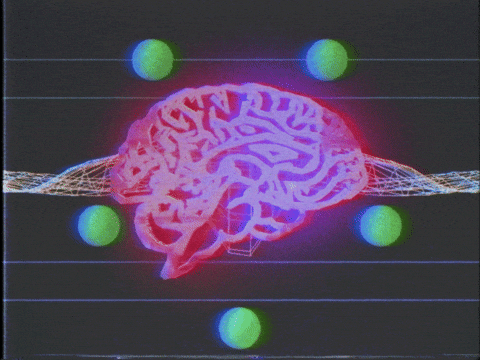 Big Brain GIF by Jay Sprogell
Big Brain GIF by Jay Sprogell
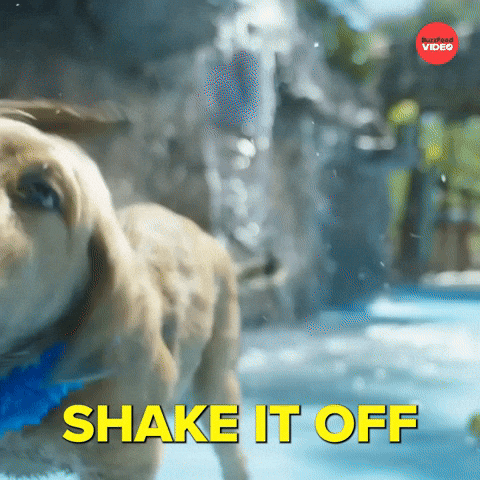 Shake It Off Wet Dog GIF by BuzzFeed
Shake It Off Wet Dog GIF by BuzzFeed
 Working out with friends also makes exercise more enjoyable (and feel quicker).Photo credit: Canva
Working out with friends also makes exercise more enjoyable (and feel quicker).Photo credit: Canva
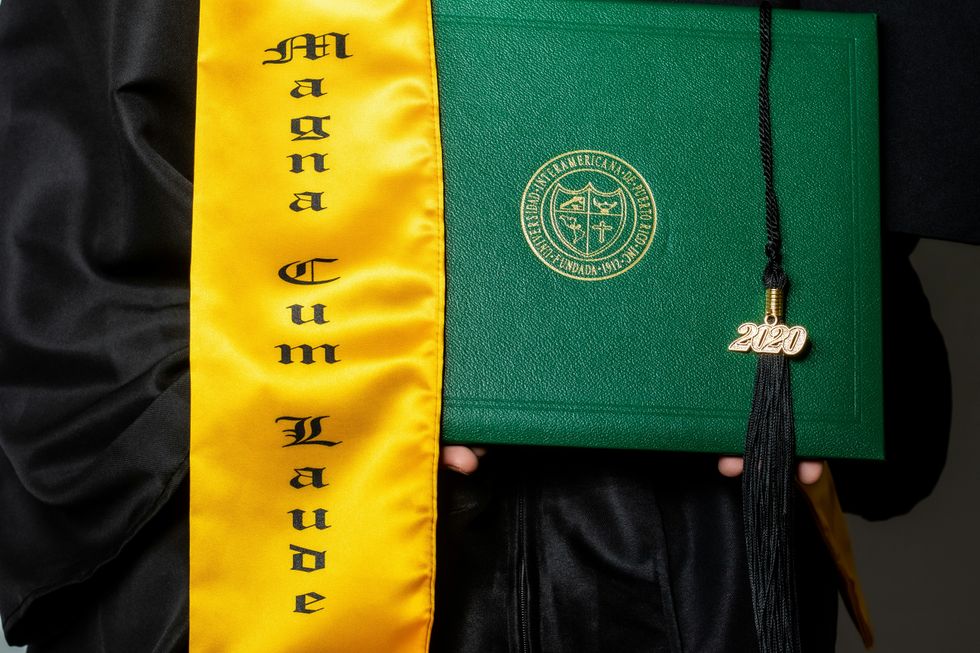 People with Imposter Syndrome can't accept their achievements.
Photo by
People with Imposter Syndrome can't accept their achievements.
Photo by 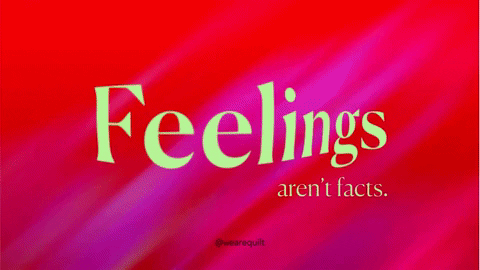 Emotion Feeling GIF by Quilt
Emotion Feeling GIF by Quilt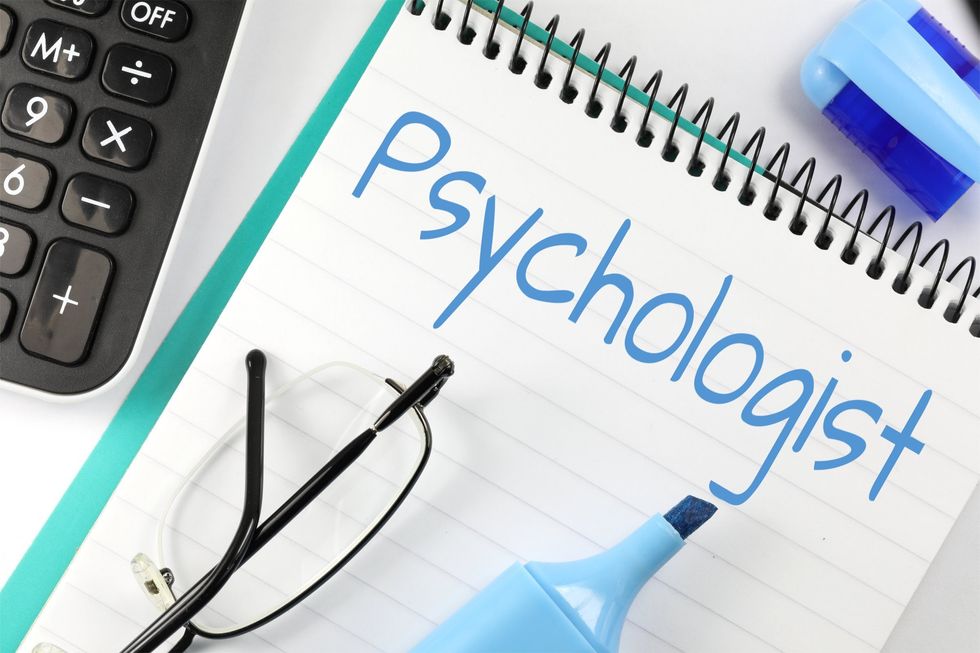 Psychologist - Free of Charge Creative Commons Notepad 1 image
Psychologist - Free of Charge Creative Commons Notepad 1 image
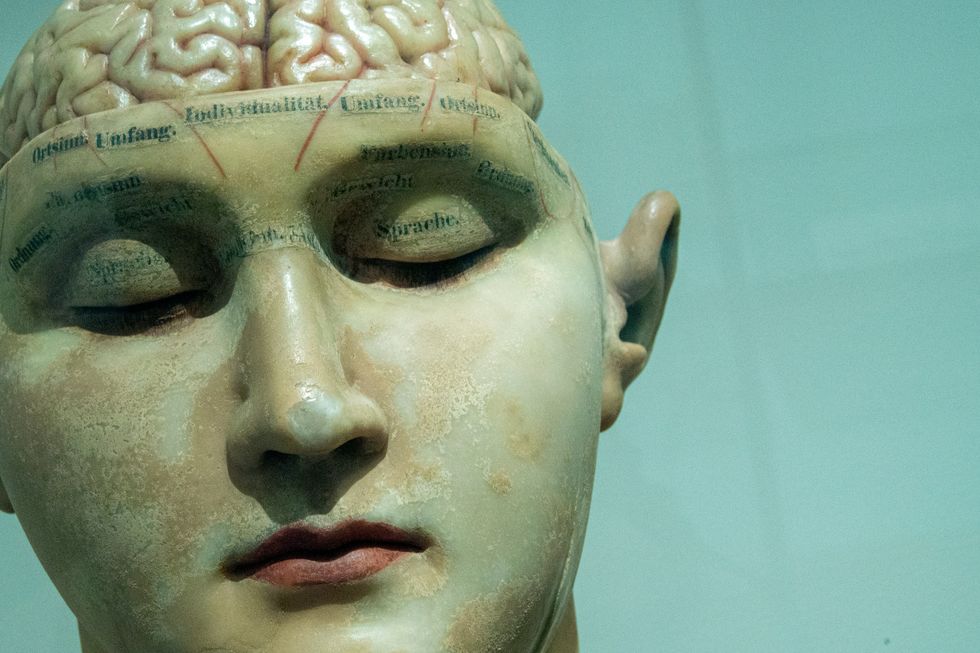 Human anatomy model.
Photo by
Human anatomy model.
Photo by 
 Socks warm your feet, but cool your core body temperature.Photo credit: Canva
Socks warm your feet, but cool your core body temperature.Photo credit: Canva
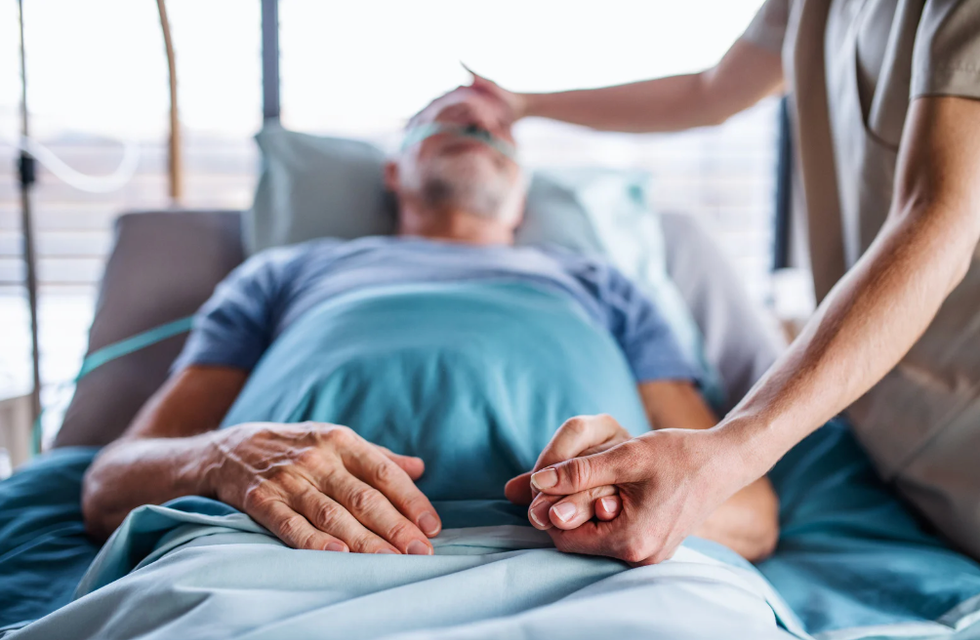 A new t-shirt could open up more hospital beds for patients.Photo credit: Canva
A new t-shirt could open up more hospital beds for patients.Photo credit: Canva Wearable solutions could be revolutionary.Photo credit: Canva
Wearable solutions could be revolutionary.Photo credit: Canva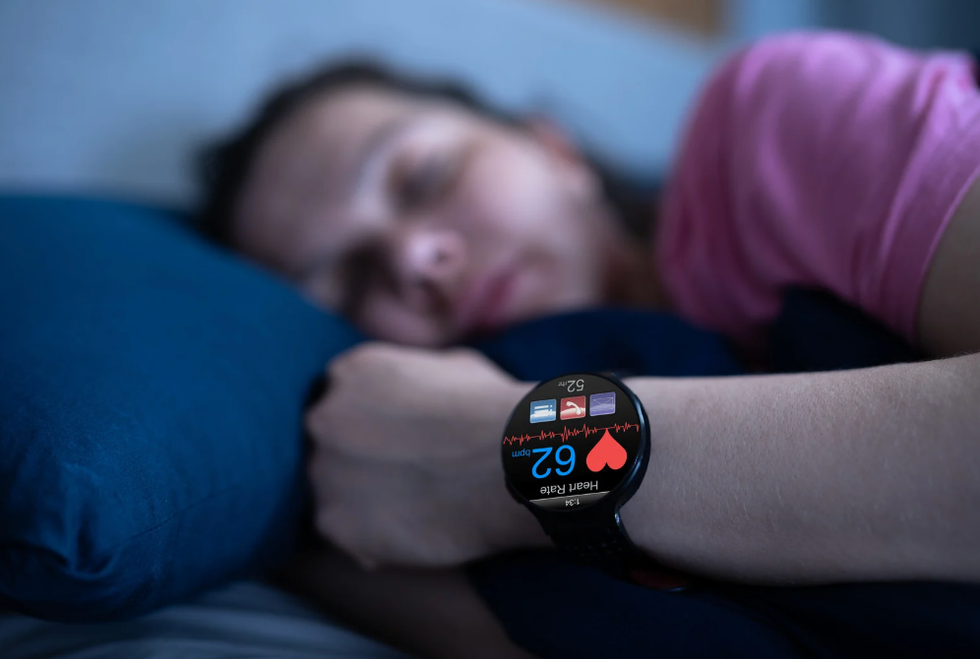 Many wearable tech devices could help you monitor your health.Photo credit: Canva
Many wearable tech devices could help you monitor your health.Photo credit: Canva